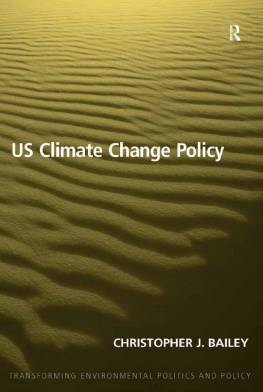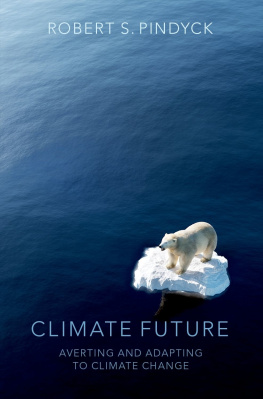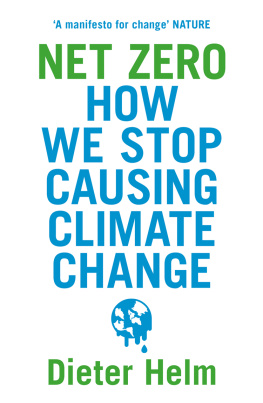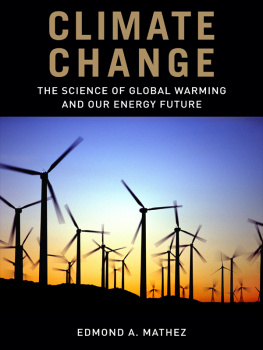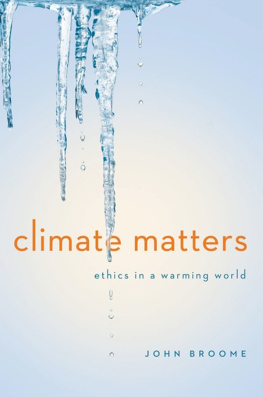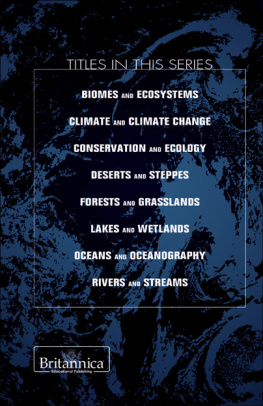Reason in a Dark Time
REASON IN A DARK TIME
WHY THE STRUGGLE AGAINST CLIMATE CHANGE FAILEDAND WHAT IT MEANS FOR OUR FUTURE
Dale Jamieson


Oxford University Press is a department of the University of Oxford.
It furthers the Universitys objective of excellence in research, scholarship, and education by publishing worldwide.
Oxford New York
Auckland Cape Town Dar es Salaam Hong Kong Karachi
Kuala Lumpur Madrid Melbourne Mexico City Nairobi
New Delhi Shanghai Taipei Toronto
With offices in
Argentina Austria Brazil Chile Czech Republic France Greece
Guatemala Hungary Italy Japan Poland Portugal Singapore
South Korea Switzerland Thailand Turkey Ukraine Vietnam
Oxford is a registered trademark of Oxford University Press in the UK and certain other countries.
Published in the United States of America by
Oxford University Press
198 Madison Avenue, New York, NY 10016
Oxford University Press 2014
All rights reserved. No part of this publication may be reproduced, stored in a retrieval system, or transmitted, in any form or by any means, without the prior permission in writing of Oxford University Press, or as expressly permitted by law, by license, or under terms agreed with the appropriate reproduction rights organization. Inquiries concerning reproduction outside the scope of the above should be sent to the Rights Department, Oxford University Press, at the address above.
You must not circulate this work in any other form and you must impose this same condition on any acquirer.
CIP data is on file at the Library of Congress
ISBN 9780199337668
9 8 7 6 5 4 3 2 1
Printed in the United States of America
on acid-free paper
For Mickey Glantz
and Rikki Kimberly and her mother
The very essence of civilized culture is that we... deliberately institute, in advance of the happening of various contingencies and emergencies of life, devices for detecting their approach and registering their nature, for warding off what is unfavorable, or at least for protecting ourselves from its full impact....
John Dewey (1910:16)
One more word about giving instruction as to what the world ought to be. Philosophy in any case always comes on the scene too late to give it.... When philosophy paints its gloomy picture then a form of life has grown old. It cannot be rejuvenated by the gloomy picture, but only understood. Only when the dusk starts to fall does the owl of Minerva spread its wings and fly.
G.W.F. Hegel (1952:1213)
Contents
The dusk has started to fall with respect to climate change and so the owl of Minerva can spread her wings. We can now begin the process of understanding why the global attempt to prevent serious anthropogenic climate change failed and begin to chart a course for living in a world that has been remade by human action.
We are stuck with climate change. This book is about what it is, why we are stuck with it, and what we can learn from our failures to get out of the ditch. Without intending to do so, we have committed ourselves and our descendants to a world that is qualitatively different from the one that gave rise to humanity and all of its creations. Now we hope to limit the pace and extent of the change, but despite international treaties we cannot seem to do so, even with the advice of the worlds best scientists. This book is a contribution to helping us think through why this is so and what it means.
Sometimes people hear this as pessimism. I say it is realism. If we are lucky, climate change will not be worse than other things that humanity has survived. During the last century about 231 million people died in war and many more from famine and other disasters. Yet the arts and culture thrived. In some places material prosperity bloomed as never before, and billions of people lived in freedom and dignity. Perhaps it will be this way with climate change. On the other hand, if we are not going to be so lucky, it would be good to start making preparations now.
I am a philosopher by disciplinary training but some of my colleagues will have a hard time recognizing this as a philosophy book. I can only say that when it comes to thinking about the real world (an exercise in what philosophers call non-ideal theory), the facts matter. So does history. It is important to situate the subject under investigation in the world of our shared experiences. This would not have seemed as strange to my philosophical heroes (Hume and Mill) as it does to many philosophers today. Still, readers might want to know (for reasons of attraction or avoidance) that are the most traditionally philosophical chapters in the book.
Not only am I a philosopher but my roots are firmly in the analytic tradition. Those who keep track of such matters will find traces of internalism, consequentialism, naturalism, and holism. You will also find thought experiments and appeals to the readers judgments about such cases. In addition, you will be subjected to my take on commonsense morality. None of this is wildly crazy or a prioristic, at least compared to much that goes on in philosophy, but it does deserve comment. Moral judgments cannot always be consulted as if they were written down (in the heart or in a book). The corpus of our moral judgments is incomplete, indeterminate, inconsistent, and incoherent. However, with honesty, reflection, and sincerity we can make some progress using my approach. Our behavior can often provide a guide to our moral beliefs and commitments. The law often provides helpful hints, and has the advantage of being codified and discussed. Still, there are important differences between behavior, law, and morality, and I have tried to be sensitive to them.
This book is directed mainly to my fellow citizens and to those with whom I have discussed these topics over the years. It is written from a generally Western point of view. More specifically, it is written from my point of view. I have lived through many of the events that I chronicle and analyze in this book and I am hyperaware of what historians often miss: the feel of the time, the specificity of events, the temperament of the participants, and in some cases even important episodes that for whatever reason have not been written down or taken up in stories that are told and then repeatedly cited. At the same time, I am very aware of my own unreliability due to the usual failings of confirmation and selection bias, anchoring, failures of memory, and so on, and also because of the particular standpoint from which I have viewed these events: always a little removed from the center of action, but never really dispassionate. Perhaps the best summary of my involvement is to say that I was an untrained participant-observer in many of the events that I describe.
I owe a huge debt to scholars whose job it is to get the facts right about all sorts of matters about which my knowledge is quite amateurish. I acknowledge some of them below and in the notes to particular chapters. While I have done my best to fairly represent the state of the discussion in various fields, I have no illusions about complete success. Research is ongoing, and our understandings about many things will change at least in their details. On every topic that I mention there is a vast and sophisticated literature with which I do not fully engage. What is new and enlightening, I hope, is the way in which I bring together into a single narrative a large array of thoughts, information, and ideas. Wittgenstein said that philosophy was about assembling reminders and to a great extent that is what I do in this book.
Next page

